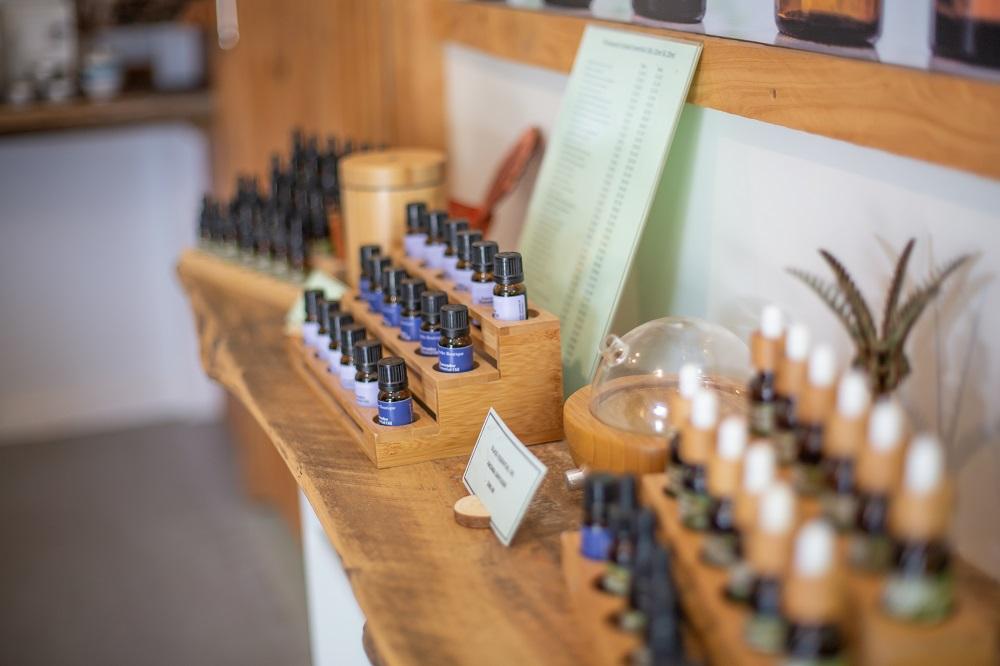Although clove oil is a very potent oil that should be used with great care in aromatherapy, it does have wonderful properties – from stimulating the mind and lifting depression, to aiding digestion, relieving pain in arthritis and rheumatism, easing respiratory problems and assisting leg ulcers.
Clove oil has a warm, strong, spicy smell and the oil is colorless to pale yellow with a medium to watery viscosity.
It was an important commodity in the spice trade and is still used in perfumes, mulled wines and liqueurs, love potions, dental products and, stuck in an orange as pomade, an insect repellant.
The therapeutic properties of clove oil are analgesic, antiseptic, antispasmodic, anti-neuralgic, carminative, anti-infectious, disinfectant, insecticide, stimulant, stomachic, uterine and tonic.
Clove oil can be used for acne, bruises, burns and cuts, keeping infection at bay and as a pain reliever. It helps with toothache, mouth sores, rheumatism and arthritis.
It is beneficial to the digestive system, effective against vomiting, diarrhea, flatulence, spasms and parasites, as well as bad breath.
Clove oil is valuable for relieving respiratory problems, like bronchitis, asthma and tuberculosis. The disinfecting property is useful in cases of infectious diseases.
Placing a few drops of clove oil on a cotton ball and then placing the cotton ball in a linen cupboard will not only fragrance the cupboard, but will help to keep fish moths at bay.
Clove oil is useful for its disinfecting properties, relieving of pain, especially toothache, arthritis and rheumatism. It is effective when used for complaints of the digestion system.
It is also of use for skin problems – especially for skin sores and leg ulcers and as an insect repellent.
It blends well with basil, benzoin, cinnamon, lavender, ginger, sandalwood and clary sage.

